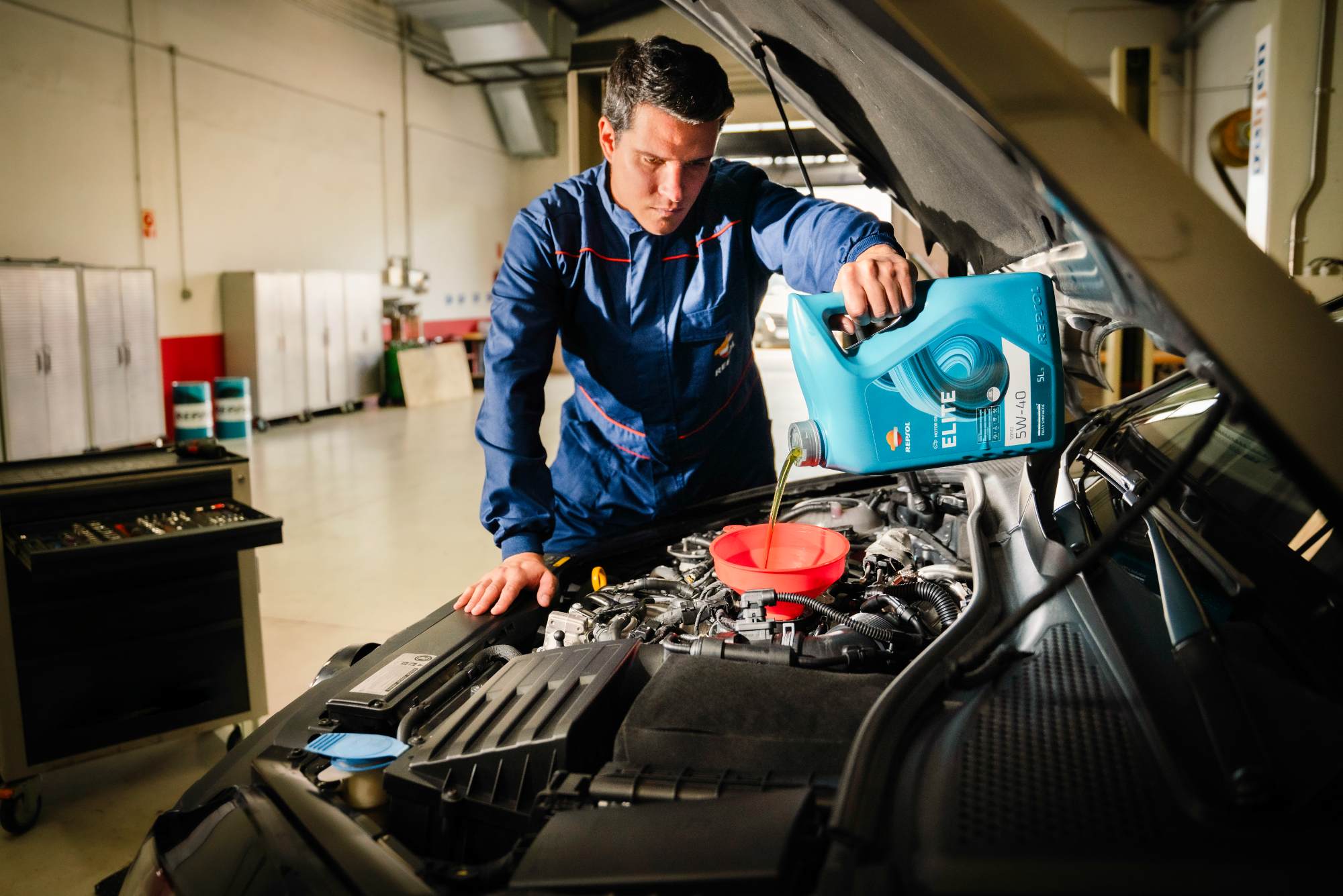HTHS viscosity of oil: find out why this is an increasingly important trial

In the automotive industry world, the search for better performances, lower environmental impact, and greater efficiency is constant. And in this search, HTHS viscosity (High Temperature High Shear) has become a key element, especially in the development and assessment of lubricants for engines.
But what exactly is HTHS viscosity and why is it so important? Today we are going to go over the keys of this measure, which is becoming increasingly relevant.
What is HTHS viscosity?
HTHS viscosity is a measure that tells us how a lubricant behaves under extreme operational conditions inside the engine. What does this mean? Basically, it tells us how a lubricant withstands high temperatures and high shear rates, two common conditions in running engines.
Under this method, the oil is subjected to a temperature of 150°C and a shear rate of 1,000,000 s-1, which are conditions more representative of what happens inside a running engine with respect to kinematic viscosity.
Why is HTHS viscosity important?
Why should we care about HTHS viscosity? The truth is that it is crucial for three reasons:
- The high engine temperatures. Internal combustion engines generate a lot of heat during their operation. In this regard, HTHS viscosity is relevant because it tells us how the lubricant resists the reduction of its protective film under these extreme conditions.
- High loads and shear rates. The engine's moving parts experience high shear rates due to the rotation and interaction of the components. In this situation, the HTHS viscosity provides information on how the lubricant forms the right film to protect the various parts from this wear.
- The balance between fuel efficiency and durability of the engine. Here is where the balance between HTHS viscosity and other properties of the oil comes into play, such as thermal stability or resistance to wear.
A lubricant with low viscosity can reduce friction and improve fuel consumption, but also increase wear. On the other hand, a lubricant with high HTHS viscosity maintains the lubricant film, preventing premature wear of the engine. However, it causes greater friction, thus increasing fuel consumption.
Another aspect to bear in mind is that the viscosity of a monograde fluid (Newtonian) remains constant against shear, so it does not decrease, as it does in the case of multigrade oils. On the contrary, if we apply a greater shear rate at a certain temperature to a non-Newtonian fluid, its viscosity decreases.
This is because the large molecules of the viscosity improvers align with the flow and present less resistance to the velocity of both surfaces.
For this reason, HTHS viscosity is of increasing importance in the new API and ACEA classifications, which have stricter limits than those of the SAE J300 standard. The aim is to ensure that engines always have the minimum lubricant film, preventing wear between the mechanical parts under operating conditions.
The future of HTHS viscosity in industry
With the new regulations on pollutant emissions and the continuous search for efficiency, HTHS viscosity is gaining more and more relevance. Current regulations, such as Euro7, are driving improvements in the technology of engines, which leads to a trend towards the use of lubricants with lower viscosities.
In summary, HTHS viscosity is a crucial factor in the development and assessment of lubricants for engines. It helps us to ensure that engines work efficiently, protecting parts from wear and contributing to the reduction of emissions. In a world where sustainability and efficiency are increasingly important, HTHS viscosity becomes an essential tool for industry.
If you are interested in learning more about HTHS viscosity and how it influences the quality of lubricants, we recommend you read the interesting article from our colleague Santiago Maroto de Hoyos, TAD (Technical Assistance and Development) technician at Repsol Lubricants and Specialized Products. You can find it in Lubricantes News, the magazine of the Spanish Association of Lubricants (ASELUBE).
From our side, we want to end this article by reminding you of the importance of choosing the best products for your vehicle. See you soon!
Related contents



